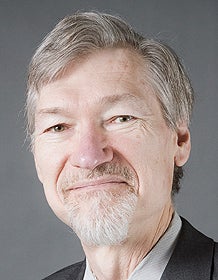Abstract
The theory of corporate governance underwent a revolution in the 1970's. Theorists finally abandoned the myth that a public corporation' is managed by its board of directors, and constructed a new model under which the corporation is managed by its executive officers, and the board, dominated by outside directors, monitors management's performance. This new "monitoring model" has gained wide acceptance among commentators, and several of its elements have been adopted by many public corporations. Even those commentators who do not enthusiastically embrace the entire monitoring model tend to agree that monitoring management is a significant board function.
But expositions of the monitoring model to date have been rudimentary. Its proponents have not suggested what forces will prompt corporations to adopt the model and thereby move it from theory to widely accepted reality. Nor have they described in detail what the board's duties would be under the model, much less how these duties would be discharged. Until these problems are satisfactorily resolved, the potential of the monitoring model for improving corporate governance must be considered an open question.
This Article grapples with these problems. In exploring the possible mechanisms for enforcing adoption of and performance under the monitoring model, the Article concludes that market forces alone will not suffice and that legislative solutions face insuperable political and theoretical obstacles.6 Accordingly, special attention is given to the duty of care of directors and officers as a possible enforcement mechanism. The duty of care has been a problem child of corporate law. Its command that directors and officers perform their duties with reasonable prudence appears on its face to provide a significant constraint on directors and officers, especially in an age when control has become divorced from ownership in public corporations.7 In practice, however, the duty of care has proved almost totally ineffectual.8 A key question concerning the monitoring model, then, is what will be the content of the duty of care given the new role of the director that the model envisions and, more particularly, whether the duty of care can be revived and used as a tool for enforcing the monitoring model.
Keywords
Corporate Governance, Director's Duty of Care
Publication Date
1981
Document Type
Article
Place of Original Publication
Boston University Law Review
Publication Information
61 Boston University Law Review 623 (1981)
Repository Citation
Dent, George W., "The Revolution in Corporate Governance, The Monitoring Board, and The Director's Duty of Care" (1981). Faculty Publications. 454.
https://scholarlycommons.law.case.edu/faculty_publications/454

